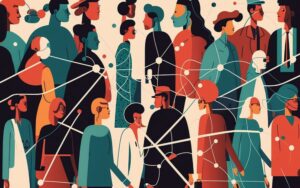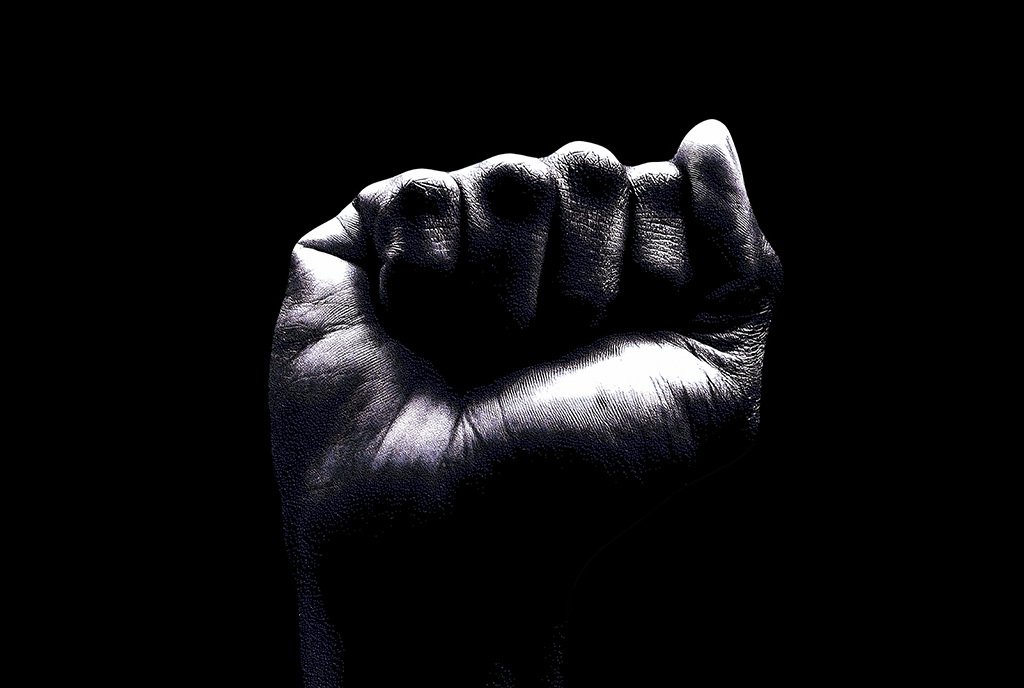September 22, 2016; CNBC
Protesters continued to seek a fuller explanation for what happened to Keith Lamont Scott, who police said refused officers’ repeated commands to drop a gun. Residents say Scott was unarmed, holding only a book and disabled by a brain injury.
In the wake of the last few days in Charlotte, North Carolina, where the protests are focused legitimately on the disproportionate police shootings of black people, it might also be useful to pay attention to a white paper published by the Ruderman Foundation that points out that “Disabled individuals make up a third to half of all people killed by law enforcement officers…The media is ignoring the disability component of these stories, or, worse, is telling them in ways that intensify stigma and ableism.”
The report points out that Eric Garner, Kajieme Powell, Tanisha Anderson, Freddie Gray, and Sandra Bland were not just African Americans; they were disabled African-Americans, and that intersectionality made them particularly vulnerable.
The paper, authored by Lawrence Carter-Long and David M. Perry, PhD, was published in March on the foundation’s website. It looks at three years of media coverage of police shootings involving people with disabilities and finds a lack of productive attention.
Sign up for our free newsletters
Subscribe to NPQ's newsletters to have our top stories delivered directly to your inbox.
By signing up, you agree to our privacy policy and terms of use, and to receive messages from NPQ and our partners.
Disability intersects with other factors such as race, class, gender, and sexuality, to magnify degrees of marginalization and increase the risk of violence. When the media ignores or mishandles a major factor, as we contend they generally do with disability, it becomes harder to effect change.
But media is not the only inattentive partner in the mix. As the report states:
Currently, there is no legal requirement for local, state or federal law enforcement agencies to aggregate or collect the number, type, and result of violent incidents that occur between police officers and disabled people. From a purely practical standpoint, those who seek to track, monitor, and/or analyze trends related to police violence and disability are limited to collecting the data themselves from print and online media coverage.
This, of course has also been a problem in tracking police shootings in general, as we reported in August in our nonprofit newswire when the Department of Justice announced a new system to gather nationwide data, using a model piloted by the UK’s Guardian newspaper.
This eye-opening report by the Ruderman Foundation makes an important contribution to our understanding of the role of marginalization in making individuals more vulnerable to fatal violence at the hands of authorities. We urge you to read it.—Ruth McCambridge













